Erlanger Health Board

Sheila C. Boyington, PE
Chair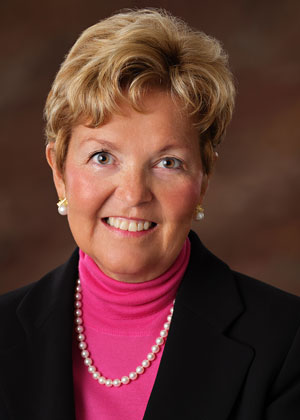
Vicky B. Gregg
Vice Chair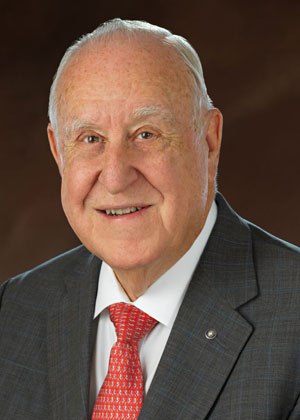
John F. Germ

Reid Maclellan, MD, MMSc
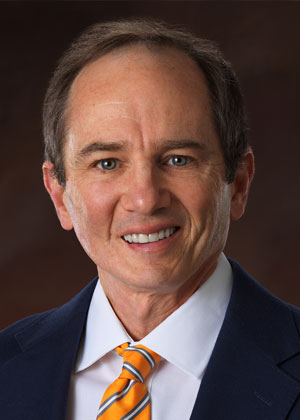
Barry Large
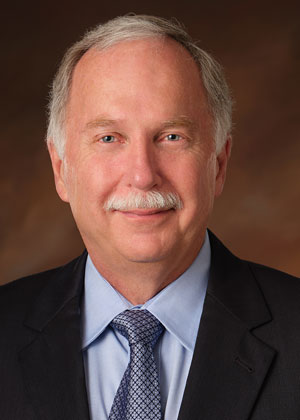
Warren McEwen, CPA, MBA

Christopher V. Poole, MD
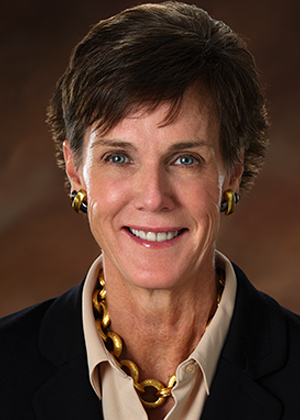
Lorie S. Runge
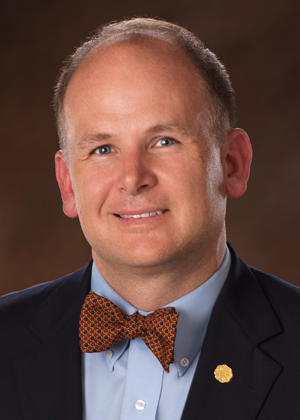
James M. Sizemore, MD
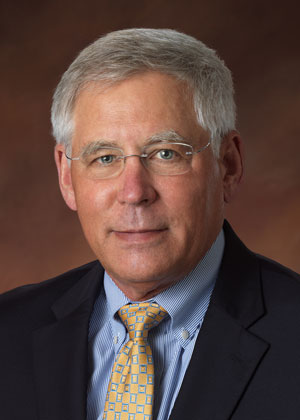
Andy Stockett
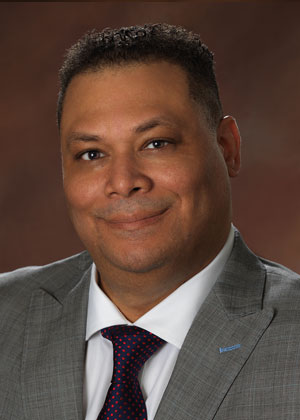
Lemon Williams
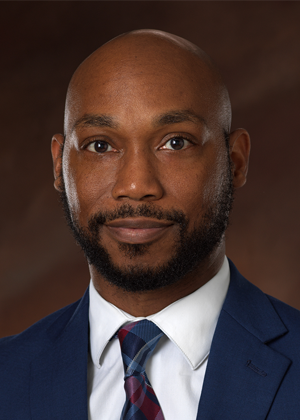
Larvizo Wright, CPA, MBA
Erlanger Health Board
The product of a years’ long effort by the Chattanooga-Hamilton County Hospital Authority’s to best position the health system in navigating the dynamic and rapidly-changing health care landscape, effective as of July 1, 2023, Erlanger Health finalized its reorganization from a governmental hospital authority to a private, public-benefit corporation. Today, Erlanger Health’s self-perpetuating, 10-member, governing board is comprised of various esteemed, civic and social leaders both in the region and throughout the State of Tennessee.
The Board presently holds monthly meetings to affect the business and affairs of Erlanger Health. It also has a number of very active committees (to include the Audit & Finance, Quality & Compliance, Leadership Development & Compensation, Nominating & Governance, in addition to its Executive Committee) that support the Board in this regard and otherwise support Erlanger Health mission, vision and values.
Background
Erlanger originally had a five-man Board of Trustees that was charged with operating the hospital, but had no authority to borrow money. Though Erlanger was expected to provide indigent care to area citizens, it could only ask for money from local government and other sources, and shift net revenue from paying patients to cover indigent care costs. In 1970, Dr. David P. McCallie proposed a larger Board of Trustees. County Judge Chester Frost submitted a bill to the County Legislative Delegation to create an 11-member Board. No action was taken on the bill in 1971.
Dr. McCallie became Chairman of Erlanger's Board in 1975, advocating the formation of a governmental hospital authority. All Erlanger property would ultimately be transferred to the authority, and Erlanger would no longer be totally dependent upon the City and County for funding. The authority would be able to pledge authority assets and would be responsible for paying the debt.
In 1976, hospital officials began an aggressive campaign to inform the public and employees about the need to create a hospital authority. The bill became law in 1976 when the legislature of the State of Tennessee passed the Private Acts establishing the Chattanooga-Hamilton County Hospital Authority. In June, a steering committee was named to gather support for the Authority Referendum.
In August 1976, the citizens of Hamilton County approved the creation of the Chattanooga-Hamilton County Hospital Authority by a 64 percent margin, transferring Erlanger from the City and County to the Authority.
The Act creating the Authority provides that it was formed to perform the governmental function of owning and operating the Baroness Erlanger Hospital, T.C. Thompson Children's Hospital and other similar or associated hospitals and existing health centers as deemed appropriate to be operated by the Authority as sole operator for the purpose of providing healthcare facilities and programs for the residents of Hamilton County, Tennessee.
After multiple revisions to the Private Acts over the years, effective as of July 1, 2023, the Authority transferred substantially all of its assets and operations to Erlanger Health, a private, public benefit corporation organized under the laws of the State of Tennessee and tax exempt pursuant to §501(c)(3) of the Internal Revenue Code. Today, the Authority remains in place for the purpose of winding down certain of the operations of the Authority.
Authority Board
The Authority Board presently holds quarterly public meetings at the Baroness Campus to consider and approve resolutions effecting the business and affairs of the Authority. It also has a number of active committees that work to review, study, organize and prepare the items to be considered by the Board.

